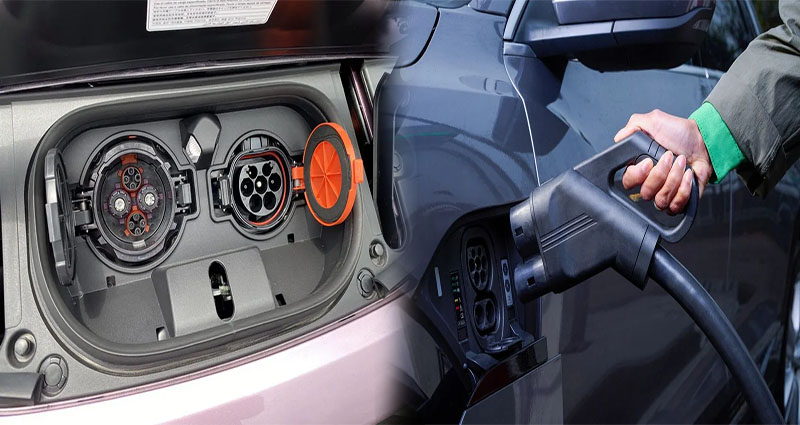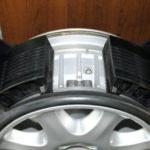When it comes to electric vehicles, one of the key components that contribute to their performance and usability is the battery. Electric vehicle (EV) batteries come in different specifications, with one of the primary distinctions being between standard and fast-charging batteries.
Standard Electric Vehicle Batteries
Standard electric vehicle batteries are designed to provide a reliable source of power for the vehicle’s electric motor. These batteries typically have lower power density and energy density compared to fast-charging batteries. This means that standard batteries can store less energy and take longer to charge fully.
Standard electric vehicle batteries are usually made of lithium-ion technology, which is widely used in the EV industry due to its reliability and performance. These batteries are suitable for drivers who have regular access to charging stations and can afford longer charging times.
Fast-Charging Electric Vehicle Batteries
Fast-charging electric vehicle batteries, as the name suggests, are designed to be charged at a much quicker rate compared to standard batteries. These batteries have higher power density and energy density, allowing them to store more energy and charge faster.
Fast-charging batteries are equipped with advanced cooling systems to manage heat generated during rapid charging, ensuring the battery’s longevity and safety. They are ideal for drivers who rely on quick charging solutions and have busy schedules that require frequent and fast charging stops.
Key Differences in Battery Specifications
- Charging Speed: The most significant difference between standard and fast-charging electric vehicle batteries is the charging speed. Fast-charging batteries can recharge much quicker, typically reaching 80% capacity in less than an hour, whereas standard batteries may take several hours to fully charge.
- Energy Density: Fast-charging batteries have higher energy density, allowing them to store more energy in the same physical size compared to standard batteries. This results in longer driving ranges for fast-charging EVs.
- Power Density: Fast-charging batteries also have higher power density, enabling them to deliver more power to the electric motor for quicker acceleration and improved performance.
- Cost: Due to their advanced technology and higher performance, fast-charging batteries are usually more expensive than standard batteries. This cost difference may influence a buyer’s decision when choosing between an EV with standard or fast-charging capabilities.
The differences in battery specifications between standard and fast-charging electric vehicles play a crucial role in determining the charging time, driving range, performance, and overall cost of the vehicle. Understanding these differences can help consumers make informed decisions based on their driving habits and lifestyle requirements.











